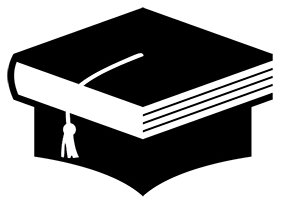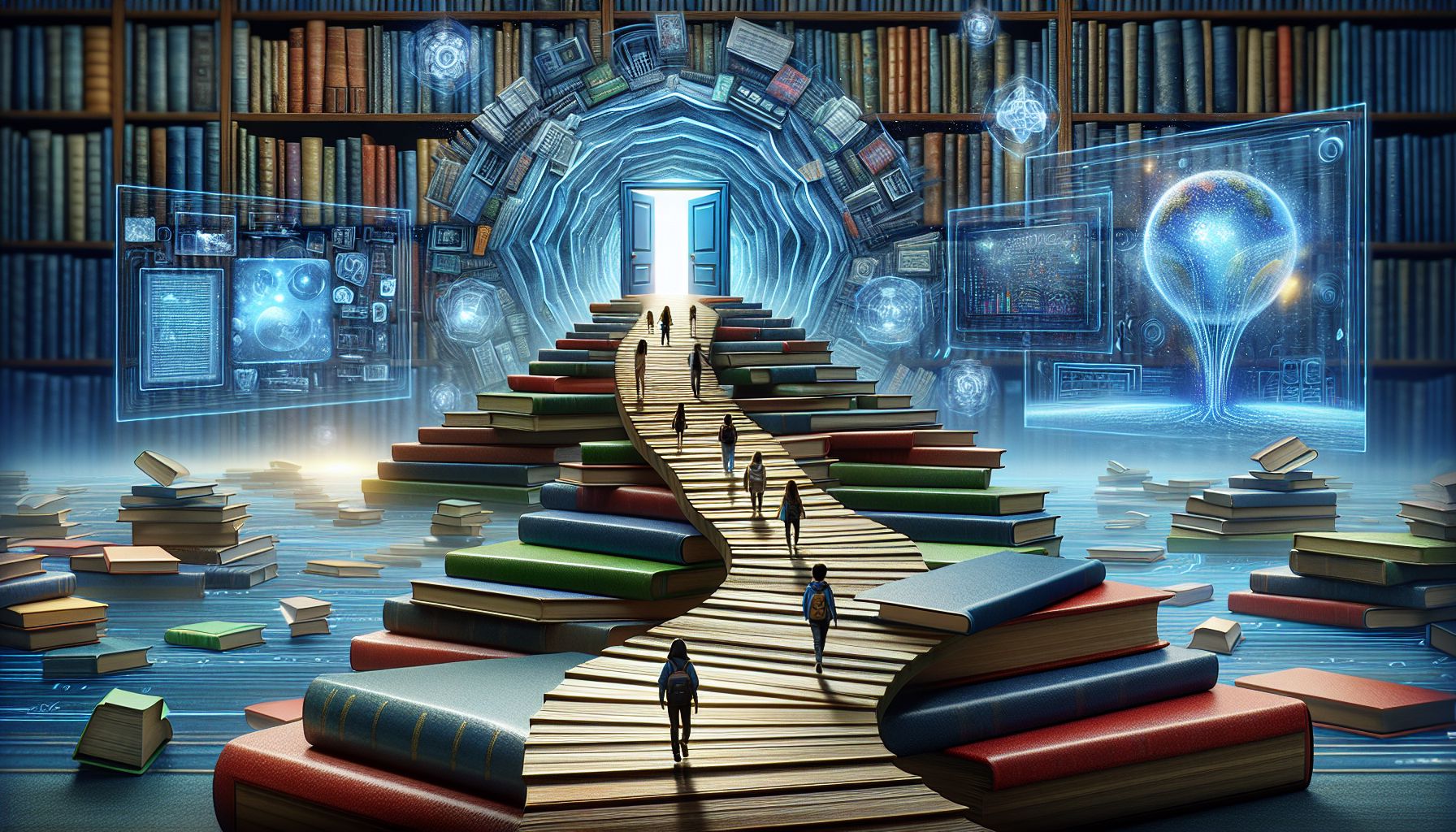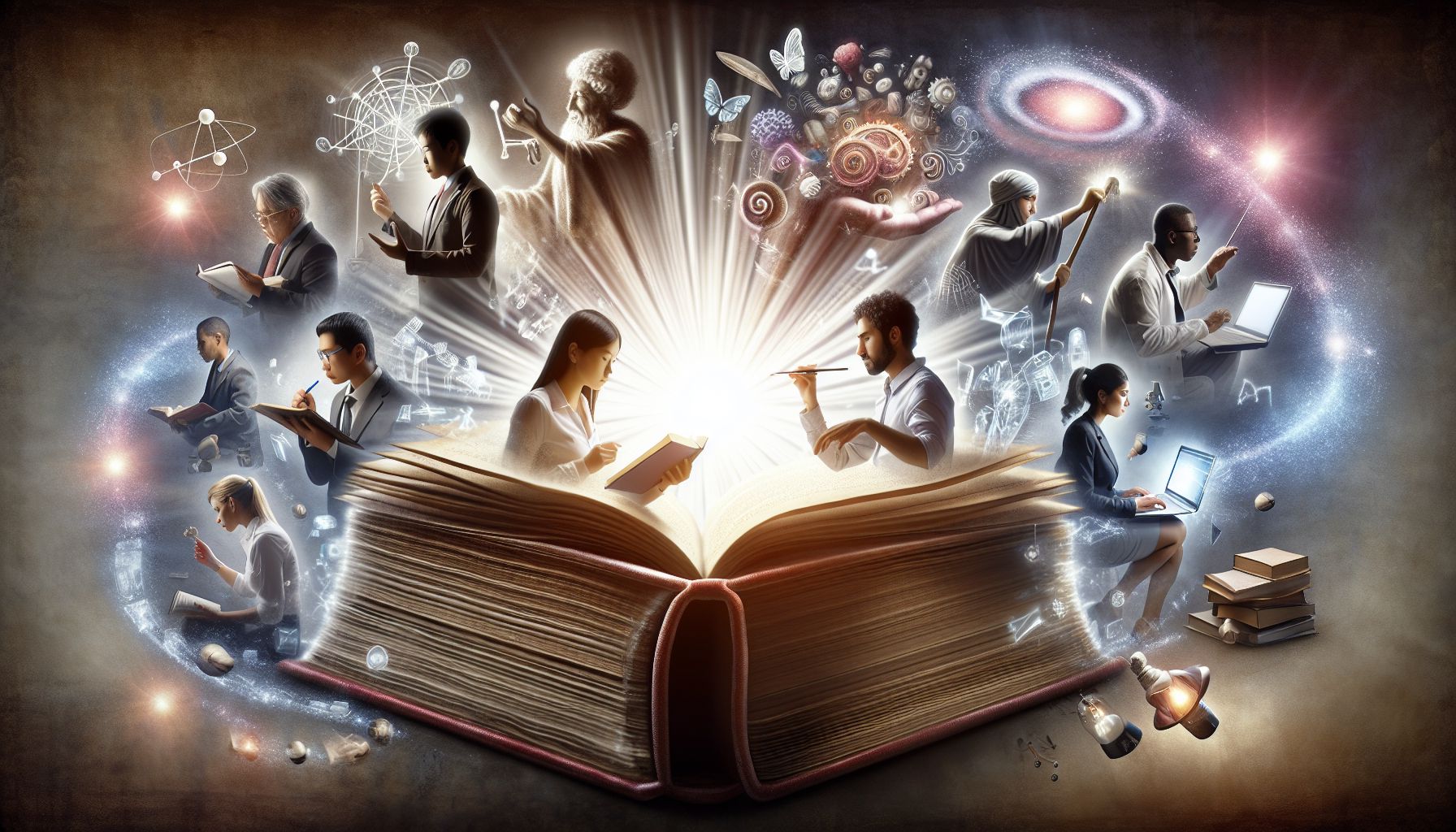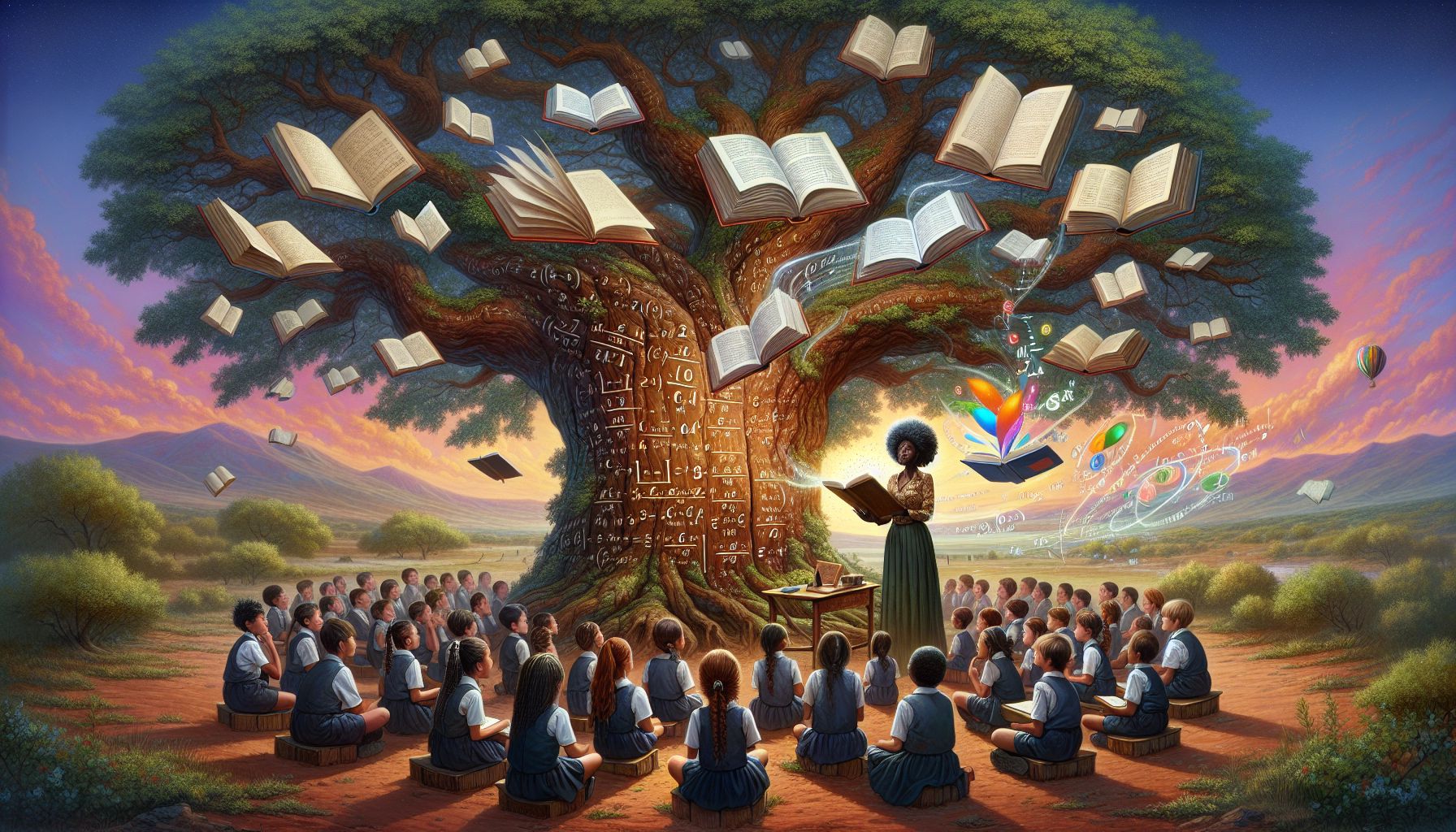The captivating allure of a well-crafted book has the power to transport readers into uncharted territories, where imagination is infinite and knowledge is boundless. Within the pages of books, a vast universe of literary treasures awaits, ready to engage, enlighten, and educate. As we embark on a literary journey, we unravel the tapestry of literature that not only enriches our minds but also holds the key to transforming the future of education.
The Diverse Landscape of Book Genres
Literature presents us with a myriad of genres, each offering a unique perspective and profound insight into the human experience. From the realms of classic literature, where timeless works like “Pride and Prejudice” and “To Kill a Mockingbird” speak to the complexities of society, to the exciting escapades found in adventure novels such as “Treasure Island” and “The Lord of the Rings,” books have the power to open doors to both real and imagined worlds.
Exploring non-fiction genres expands our understanding of the world, deepening our knowledge in subjects such as history, science, philosophy, and psychology. Engrossing biographies and memoirs allow us to step into the shoes of remarkable individuals, inspiring empathy and fostering personal growth.
Moreover, the rise of contemporary fiction and diverse voices in literature invites us to explore cultures, perspectives, and experiences beyond our own. Through books like “The Kite Runner” and “Americanah,” we gain a deeper appreciation for the richness of human diversity, fostering empathy and understanding in an increasingly interconnected world.
The Power of Literature in Education
Education, at its core, is a journey of intellectual growth and enlightenment. Books serve as indispensable companions, empowering learners to go beyond rote memorization and delve into critical thinking, analysis, and interpretation.
Integrating literature into education provides a holistic approach that nurtures not only academic success but also emotional intelligence. Literature fosters empathy, as readers connect with characters, explore their struggles, and witness their growth. By engaging with diverse literary voices, students gain a heightened appreciation for different cultures, perspectives, and experiences, dismantling biases and forming bridges of understanding.
Moreover, literature cultivates the imagination, essential for problem-solving and creative thinking. As readers encounter complex narratives, they learn to navigate ambiguous situations, to question the status quo, and to see the world through multiple lenses. The insights gained from literature become a powerful tool in shaping informed and conscientious citizens who are able to contribute meaningfully to society.
The Future of Education: A Literary Shift
In an era of rapid technological advancements, the future of education lies in embracing the potential of literature in shaping young minds. The traditional model of education, centered around textbooks and standardized testing, pales in comparison to the transformative power of literature in fostering curiosity, critical thinking, and a love for lifelong learning.
The incorporation of literature into curricula should be a cornerstone of modern education. By encouraging students to explore diverse genres, authors, and themes, educators can ignite a passion for reading that transcends the classroom. Supporting students in sharing their thoughts, engaging in intellectual discussions, and connecting literature to their own lives will create a vibrant learning environment that nurtures intellectual growth and deepens understanding.
As the world continues to change at an unprecedented pace, the role of literature in education becomes even more crucial. In facing the challenges of an interconnected global society, a new generation of learners armed with the expansive knowledge and empathetic perspectives gained from literature will be better equipped to navigate the complexities of the future.
In conclusion, literature is a gateway to knowledge, empathy, and personal growth. By embracing the diverse landscape of book genres and harnessing the power of literature in education, we have the opportunity to shape a brighter future. Let us embark on this literary odyssey, where books become beacons of enlightenment, guiding us towards a more enlightened and compassionate society.




